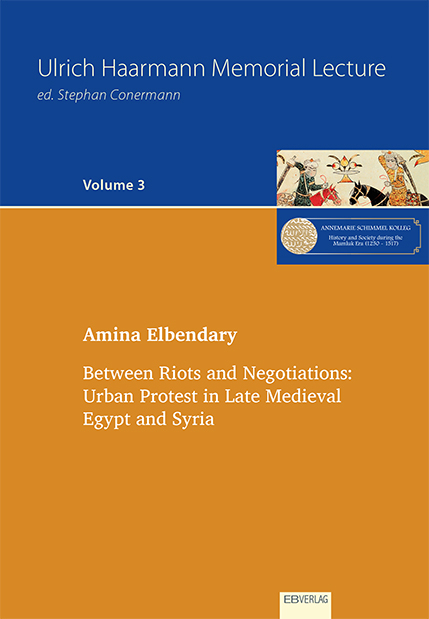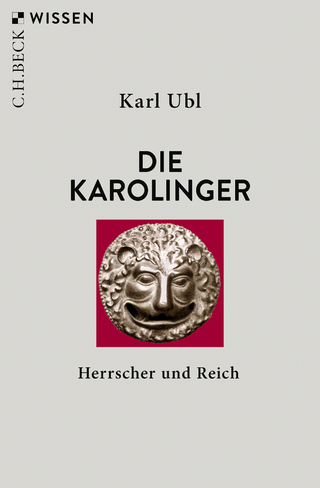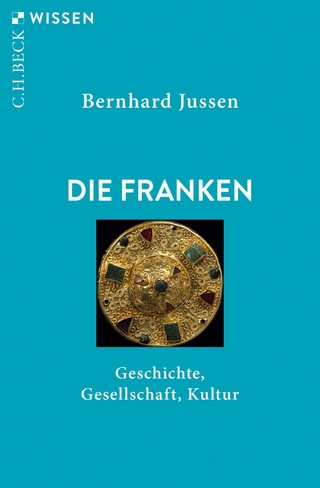Most political histories of the Mamluk regime which ruled Egypt and Syria focus on the roles of the Sultans and Mamluk officers. When the non-elite are mentioned in the discussion of Mamluk politics, they remain a footnote to the larger drama, implying that the options available to them were restricted to violence or impotence. This article takes issue with this generalization and argues there was a role for the non-elite. One aspect of popular political participation, especially in urban centres, that is more evident in the sources is protest. The reports that survive suggest a more nuanced balance of power that involves a spectrum of urban protest from riots to negotiations. Despite the absence of formal institutions managing this participation, the non-elite of Cairo, Damiette, Damascus and Aleppo "interfered" in the political process to safeguard what they believed to be their interest or customary rights and to right what they perceived as wrongs committed against them, acting as checks of sorts on the political process. The surviving reports of protest in Egyptian and Syrian cities indicate that negotiation was an integral part of daily politics. They also allow us to put a human dimension to the transition processes that Egypt and Syria were undergoing in the late middle ages, and to link the micro-history with the macro-history to better appreciate the challenges that the Mamluk order was facing. As a new world-system centered in Europe was developing in the 14th century, trade routes and the economic balance of power were shifting against the Mamluk regime's interests. This, in addition to competition in the region and the devastating effects of the recurrent waves of plague, left the Mamluk state in financial difficulties. Many of the policies the regime resorted to in order to address the fiscal crises led to protests. This period of transition also saw the rise of new groups especially in urban centers, and the beginnings of a new civic consciousness at least on the part of scholars as is reflected in medieval Arabic historiography. Rather than an autocratic military regime totally divorced from its people and a passive and subservient population that stoically endures exploitation, protest allows us to glimpse a more vibrant and dynamic picture of life and politics in medieval Egyptian and Syrian cities.
Amina Elbendary is currently Assistant Professor and Middle East History Unit Head of the Department of Arab and Islamic Civilizations where she teaches courses on early and medieval Arab-Islamic history, Islamic political thought and socio-cultural history. She obtained her PhD from the University of Cambridge (2007). She has previously published “The historiography of protest in late Mamluk and early Ottoman Egypt and Syria,” International Institute of Asian Studies Newsletter 43 (Spring 2007), “The Worst of Times: Crisis Management and al-shidda al-'uzma,” in Money, Land and Trade: An Economic History of the Muslim Mediterranean, ed. Nelly Hanna (London and New York: I.B. Tauris, 2002), and “The Sultan, The Tyrant and the Hero: Changing Medieval Perceptions of al-Zahir Baybars,” Mamluk Studies Review 5 (2001). She is currently finalizing a manuscript on urban protest in late medieval Egypt and Syria.
| Erscheint lt. Verlag |
11.11.2012
|
| Reihe/Serie |
Ulrich Haarmann Memorial Lecture ; 3
|
| Verlagsort |
BERLIN |
| Sprache |
englisch |
| Maße |
148 x 210 mm |
| Einbandart |
Paperback |
| Themenwelt
|
Sachbuch/Ratgeber ► Geschichte / Politik ► Mittelalter |
| Geisteswissenschaften ► Geschichte |
| Schlagworte |
Islamic Studies • Medieval, Egypt, Syria • Riots, Negotiations • Riots, Negotiations, Medieval, Egypt, Syria |
| ISBN-10 |
3-86893-091-4 / 3868930914 |
| ISBN-13 |
978-3-86893-091-7 / 9783868930917 |
| Zustand |
Neuware |



